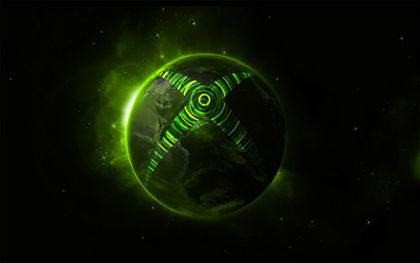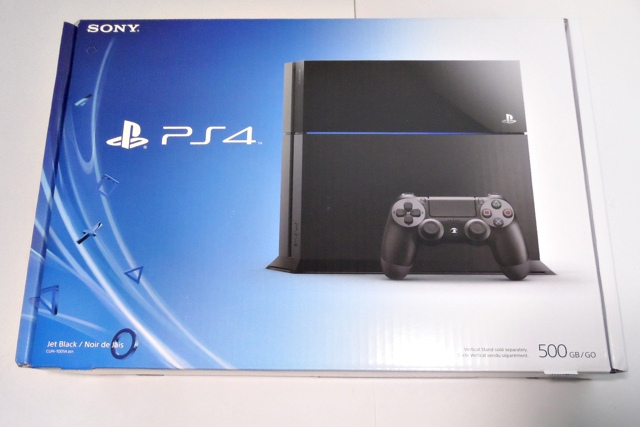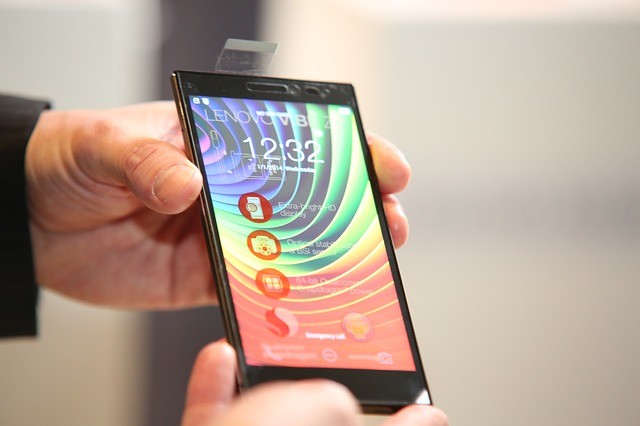

All computers have a limited lifespan, and they’ll remind you of this fact on a regular basis: they start getting noisier, they start slowing down, and they start showing error messages for no obvious reasons.
Yet many of these problems can be avoided entirely with a little forethought and preparation. By taking care of your PC — and by being aware of the factors that can damage it — you can make it run smoother and last longer, thus saving you headaches and money in the long run.
Whether your machine is brand new or several years old, it’s never too late to get started.
Heat is one of the biggest factors that can adversely affect a PC. It can cause a computer to run slower, damage components, and in the case of laptops, drastically shorten battery life.

All computers are designed to efficiently dissipate the heat they generate via fans and air vents. However, these vents are easily obstructed. Placing your PC tower under a desk and against a wall can restrict airflow, preventing warm air from escaping and cool air from getting in.
On a laptop, the air vents are normally found on the bottom. You will block them if you use the laptop on a soft surface, such as your lap, bed, or pillow. On the other hand, if you use a case, it should allow proper ventilation.
To prevent overheating you should also try not to place your PC too close to a heater, or where it will be in the full glare of the sun in summer.
Another thing that causes heat buildup? Dust. Position your brand new PC on the floor, for example, and it won’t be long before it has sucked up a whole load of dust, sand, and cat hair. Laptops are even more susceptible to dust.

This buildup can block the air vents and create an insulating layer on top of heat-generating parts, putting them at risk of overheating. It can also obstruct moving parts: a heavily caked fan will have to work harder, and will become noticeably louder in the process.
At the very least, you should check from time to time that the rear air vents aren’t blocked. Better still, it’s worth occasionally opening up the case and giving your PC a full spring clean. Using a can of compressed air is the safest and most recommended way of dislodging crud from the components.
Along with “turn it off and turn it on again”, checking for loose cables is one of the simplest ways to fix many common PC problems.

External cables can work loose very easily, especially the power cable attached to both your PC and the power brick, for example.
It can be an issue inside the case, too. If you experience hardware problems it’s worth checking that all the internal cables are properly attached to the motherboard. Some parts, like hard drives, use both data and power cables, so check them all.
Power surges are caused by many things, from lightning strikes to large appliances in the home (such as washing machines and refrigerators), and they’re dangerous because they can cause great damage to a PC.
At best, that damage may amount to minor data loss or the need to replace your computer’s power supply unit. At worst, it can be terminal, resulting in a fried motherboard.

A device such as the Belkin BE112230-08 12-Outlet Surge Protector gives you 3940 joules of protection, plus a $300,000 Connected Equipment Warranty in case your gear doesn’t survive.
Remember that all cables can carry power surges, including phone and Ethernet cables. Some surge protectors include support for these items as well, but not all of them do. It’s your responsibility to make sure all of your important devices are properly protected.
Along with power surges, power cuts also need to be protected against. In most instances, a sudden power outage will cause data loss, but hard drives and solid state drives could also suffer permanent hardware damage.
Hard drives in particular are susceptible to head crashes, where the read and write head physically scratches the disk. SSDs don’t have moving parts so they aren’t affected in this way, yet they remain vulnerable to power failure in another way: they can become corrupted, or even die entirely.

The solution is to use an uninterruptible power supply. This is an external device that provides a few minutes of emergency backup power, enough for you to shut your computer down safely. Prices for these start at around $40, but we have a few tips on saving money when buying a UPS.
With a number of manufacturers moving increasingly towards sealed batteries, caring for your laptop battery is more important than ever. There are many things to know about this, but they can be summarized into three key points.

First, heat is the quickest way to degrade a battery, so try to keep your laptop within the recommended operating temperatures of your battery. Second, don’t keep your laptop plugged in — and charged to 100% — all the time. Even if it is permanently sat on your desk, it’s worth using it on battery power every now and again.
And third, don’t fully discharge the battery. Contrary to popular belief, this causes stress and actually reduces the battery’s lifespan. More frequent, but shorter, charges are preferred.
It should go without saying that physical damage is bad news. Laptops get tossed around, peripherals get removed before they’ve finished their jobs, and bumps, knocks, and spills are more common than anticipated.

Hard drives are especially prone. Ideally, you shouldn’t move your computer while it is turned on if it has a hard disk inside. Hard knocks can also damage sensitive internal parts or cause cables and connections to come loose.
And even if spilling a drink on your laptop does not kill it instantly, the moisture can cause rusting and have a corrosive effect over time.
Software problems aren’t going to physically reduce your PC’s lifespan, but they will make it run slower, throw up errors, and produce other symptoms that will have you eyeing up a whole new machine.
In fact, spending a couple of hours tidying up your software will get your computer running almost as well as the day you bought it.

First, take care of security by installing all available updates to your OS and programs. Make sure you’re running an up-to-date web browser, and get rid of buggy and insecure plugins like Flash. Install all necessary security tools, but don’t go overboard on this: you only want to be running one anti-virus package at a time.
Then, deal with performance. Get rid of unused programs, and avoid excessive use of beta applications. Check which programs set themselves to run at boot, and remove the ones you don’t need. You should also clear out any obsolete files.
All PCs fail eventually. That’s the reason why you should have a good backup plan in place. But with just a few basic changes, like where you keep it and how you use it, you should be able to enjoy it problem-free. And when the time comes, you’ll upgrade because you want to, not because you have to.
What do you do to look after your PC or laptop? Share your tips and ideas with us in the comments below.
Image Credits: Fan via p.Gordon, Dust via Brian Cantoni, Cables via Makia Minich, Lightning via Carolina Odman, UPS via Paradox Wolf, Battery via Intel Free Press, Broken via Zach Copley




 Broken Age Act 2: Shay’s Puzzles Walkthrough
Broken Age Act 2: Shay’s Puzzles Walkthrough Resident Evil HD Remaster PS4 Cheats
Resident Evil HD Remaster PS4 Cheats 10 Unforgettable Covers of 2014
10 Unforgettable Covers of 2014 Why Your Next Android Smartphone Should be Chinese
Why Your Next Android Smartphone Should be Chinese How to Complete GTA 5 Online Series A Funding Heist : Coke
How to Complete GTA 5 Online Series A Funding Heist : Coke